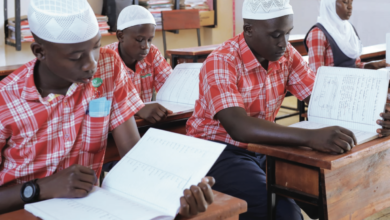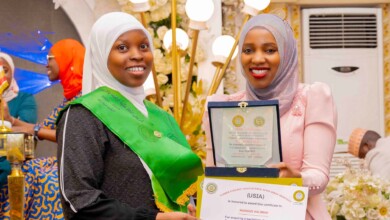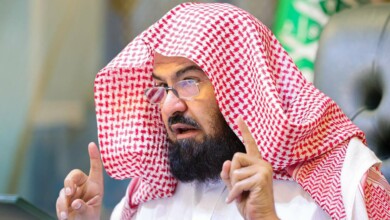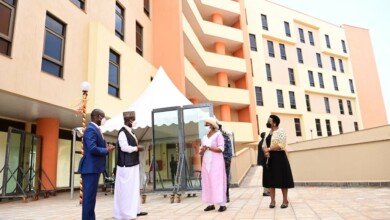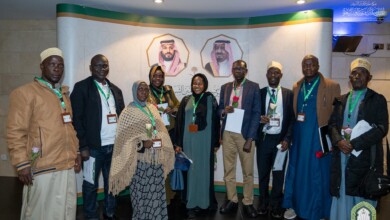Don’t drag Museveni into your fights, Hajji Kigongo tells Muslims
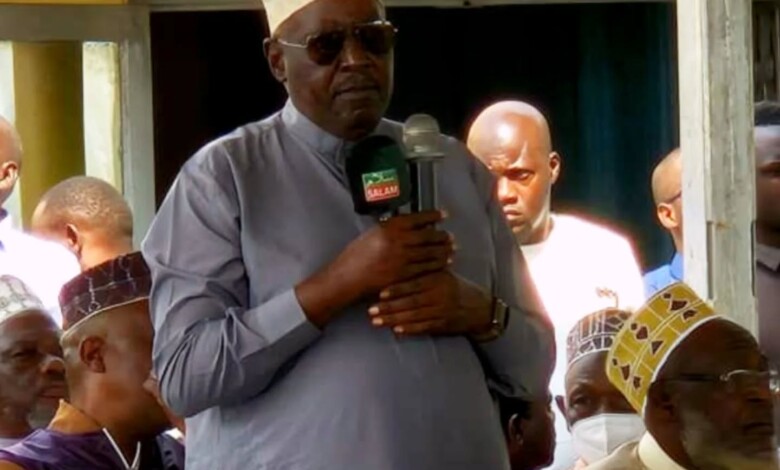
By Jafar Mugera
A solemn mood hung over Kirayangoma village in Lwengo district as throngs of Muslims and other Ugandans poured in to bid farewell to former Supreme Mufti, Sheikh Silman Kasule Ndirangwa.
Sheikh Ndirangwa died on June 20 at the age of 63, after a long battle with diabetes and prostate cancer. He was buried the following day at Kirayangoma, his ancestral home.
He had an illustrious 32-year career as a cleric, beginning as a mosque Imam at Wandegeya and later at Kibuli. Following the Uganda Muslim Supreme Council (UMSC) elections in 2000, Ndirangwa was elected as the Kampala District Kadhi.
In 2009, he broke ranks with the UMSC and joined a breakaway faction of Muslim leaders who established a parallel leadership structure based at Kibuli Mosque, amid growing discontent over the alleged sale of Muslim properties by the Mufti, Sheikh Shaban Ramathan Mubaje.
Under the Kibuli-based faction, Ndirangwa continued to serve as the Kampala Kadhi until December 2015, when he was elevated to the position of Supreme Mufti, succeeding Sheikh Zubair Sowedi Kayongo.
Given Sheikh Ndirangwa’s history and his association with the Kibuli-based Muslim faction, some mourners saw his funeral as a timely platform to renew calls for the removal of Sheikh Shaban Ramathan Mubaje from the office of the Mufti.
Leading the charge was Silman Ssemakula, who openly appealed to National Resistance Movement (NRM) national vice chairperson, Hajji Moses Kigongo, to urge President Yoweri Museveni to act on the growing demands for Mubaje’s ouster.
“Sheikh Mubaje is the only obstacle in our mobilisation for President Museveni’s 2026 candidacy. Muslims are ready to support him [Museveni], but they are saying he must help us remove Mubaje,” Ssemakula declared.
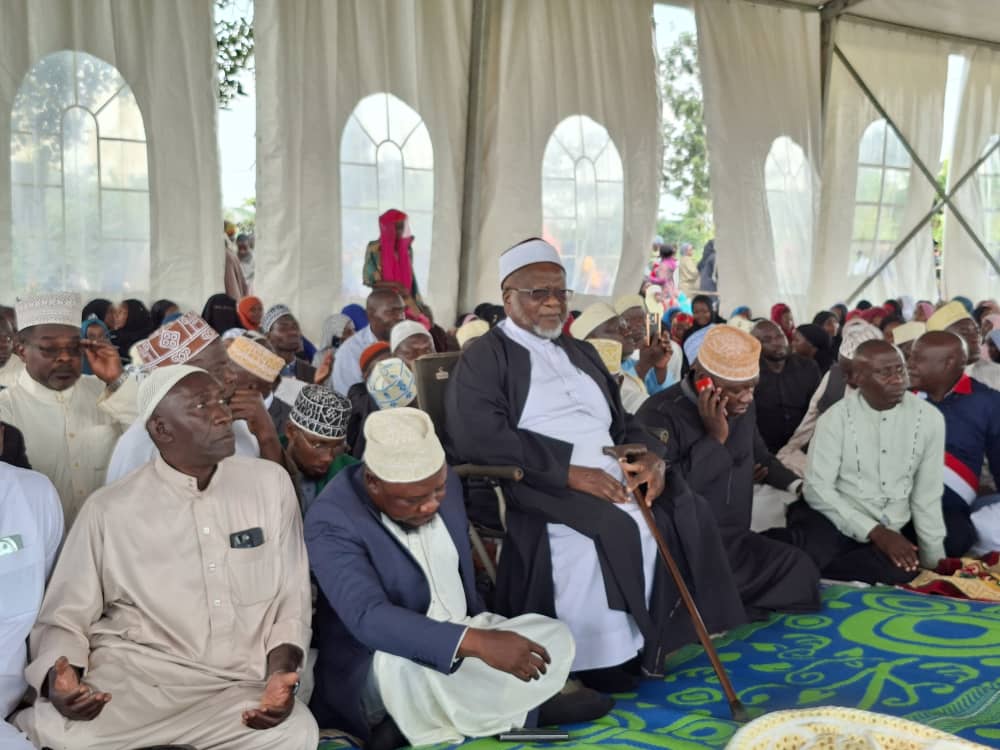
In response, Hajji Kigongo issued a firm caution against dragging the President into the internal wrangles of the Muslim community.
“Is Museveni a Muslim? How is he sustaining Mubaje? Are Mubaje’s allies related to Museveni, or are they Muslim?” Kigongo asked rhetorically. “President Museveni serves all Ugandans. He is not part of your fights—handle them as Muslims without involving him.”
Hajji Kigongo called on Muslim leaders to emulate Sheikh Ndirangwa’s humility and to resolve their disagreements through constructive dialogue rather than public attacks and accusations.
“The worst part is that none of the divisions we are facing are grounded in religion — they are built on personal egos and disagreements. The hypocrisy is too much,” he said.
PEACEMAKER
Several speakers eulogized Sheikh Ndirangwa as a peacemaker who dedicated his life to promoting harmony and development within the Muslim community.
In an emotional tribute, former Deputy Mufti Sheikh Abdallah Ssemambo described Ndirangwa as a rare breed of Sheikhs, admired for his humility and spiritually electrifying supplications.
“Very few of us [Sheikhs] can make du’a and receive an immediate response from Allah. When the country was facing a harsh drought, Ndirangwa raised his hands in prayer — and the rain came,” Ssemambo said.
Sheikh Ndirangwa was born on October 10, 1962, to Hajji Muhammad Kasule and Hajjat Ajiri Nakawungu. He began his early education at Madarasat Noor Kirayangoma and Sseke Primary School before joining Bilal Islamic Institute in 1974 for his O-Level studies.
In 1980, he enrolled at Daar Al-Hadeeth Al-Khayriyyah in Makkah, Saudi Arabia. Five years later, he proceeded to the Islamic University of Madinah, where he graduated in 1989 with a degree in Da’awah (Islamic propagation).
Upon his return to Uganda, Sheikh Ndirangwa taught at Buziga Islamic Theological Institute while also serving as Imam at Wandegeya Mosque. In 1992, he was appointed Imam of Kibuli Mosque — a position that elevated his national profile, taking his sermons beyond the pulpit and onto the airwaves through various radio stations.
In the Uganda Muslim Supreme Council (UMSC) elections of 2000, he was elected unopposed as the Kibuli Twaale (county) representative to the Kampala Muslim District Council and subsequently became the district Kadhi.
He later rose to become the second holder of the title of Supreme Mufti under the Kibuli-based faction — a position he held for six years before resigning in 2021.


